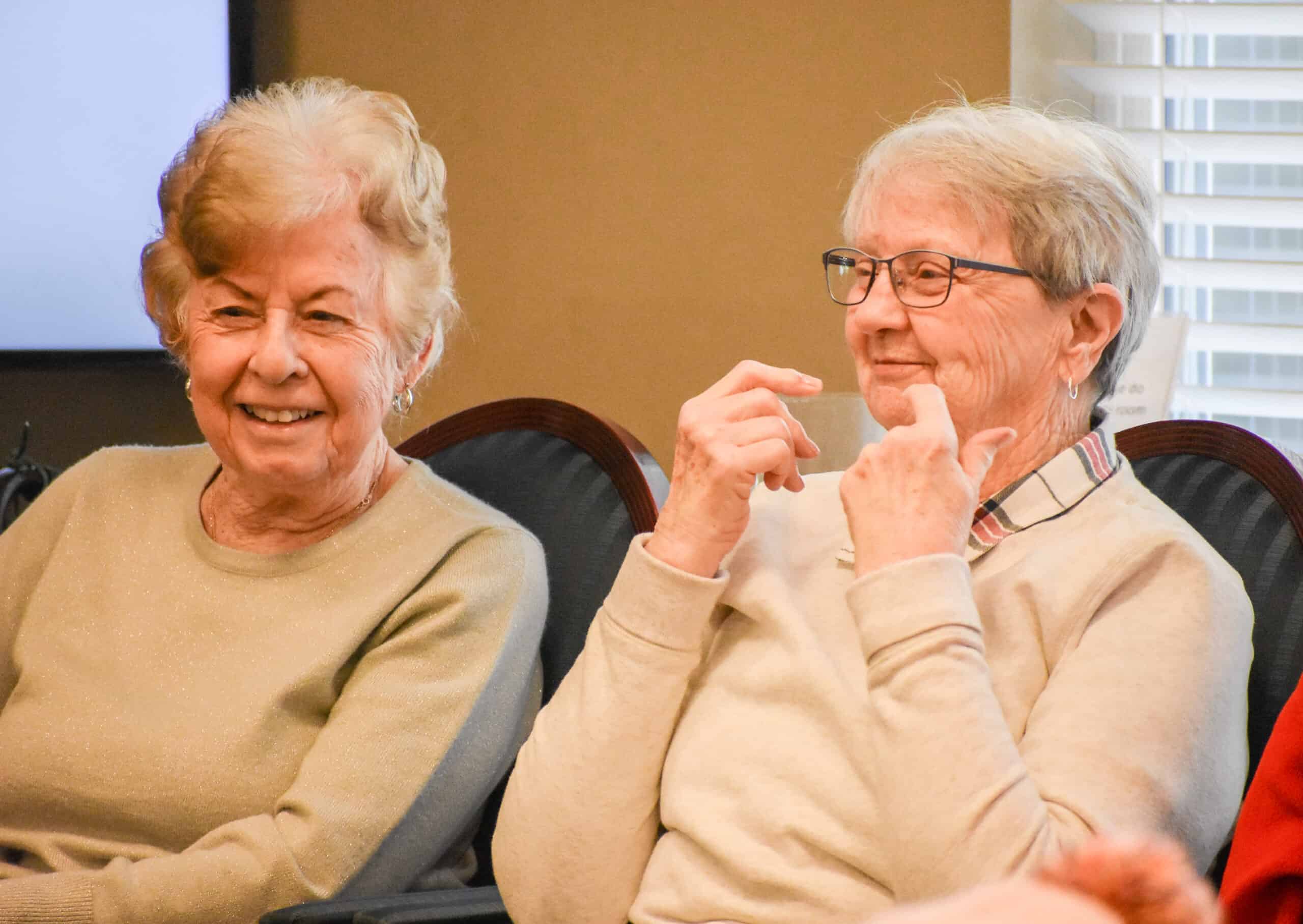Memory Care Charlotte: Personalized Take care of Alzheimer's and Dementia
Memory Care Charlotte: Personalized Take care of Alzheimer's and Dementia
Blog Article
Engaging Activities in Memory Treatment: Enhancing Wellbeing in your home
In the realm of memory treatment, the relevance of interesting activities can not be overstated. These activities offer as a foundation in improving the overall wellness of people dealing with memory impairments. By taking advantage of various sensory experiences, including familiar pastimes, exploring the profound link in between music and memory, and engaging in mind-boosting games, a world of opportunities unfolds (Memory Care Charlotte). The influence of such activities reaches much beyond mere amusement; it has the power to unlock memories, stimulate cognition, and foster a sense of delight and satisfaction.
Benefits of Engaging Activities
Involving activities play a critical function in improving cognitive function and emotional health in people getting memory care at home. These tasks are created to boost the mind, encourage social interaction, and offer a sense of function for those experiencing memory loss. By taking part in activities such as challenges, reminiscence therapy, songs treatment, and art jobs, individuals can boost their cognitive capacities, memory retention, and total lifestyle.
One significant benefit of engaging activities is the favorable impact they have on cognitive feature. Activities that challenge the mind, such as word video games or brain teasers, aid boost memory, concentration, and analytic skills. This mental stimulation is crucial for people with memory disabilities as it can reduce down cognitive decline and enhance brain function.
In addition, engaging tasks additionally advertise emotional health by reducing feelings of seclusion and depression. Joining team activities or one-on-one sessions with caretakers can boost state of mind, increase self-esteem, and develop a feeling of belonging. These psychological benefits are crucial for maintaining a favorable overview and overall mental wellness in people getting memory treatment in the house.
Producing a Sensory Experience

Including sensory experiences can be achieved via different activities. Aesthetic excitement can be provided with vibrant items, art work, or nature scenes. Playing acquainted music or noises can cause reminiscence and develop a calming environment. Responsive activities such as textured objects or materials can advertise sensory expedition and promote the feeling of touch. In addition, incorporating familiar scents like lavender or freshly baked cookies can stimulate favorable memories and feelings of comfort.
Integrating Familiar Hobbies
Including familiar leisure activities into memory care activities at home can provide a feeling of connection and happiness for people with memory impairments. Taking part in activities that people have actually appreciated throughout their lives can evoke favorable emotions, stimulate memories, and cultivate a sense of accomplishment. Whether it's painting, knitting, gardening, or playing a music tool, familiar leisure activities provide a soothing and purposeful method for individuals with memory difficulties to link with their past selves and preserve a feeling of identity.
By integrating acquainted pastimes right into daily routines, caretakers can create a feeling of normalcy and purpose for their loved ones. These tasks not only work as a source of amusement yet also assist in decreasing stress and anxiety, boosting state of mind, and promoting cognitive function. Furthermore, participating in acquainted hobbies can spark conversations, motivate social interactions, and improve general health and wellbeing.
Caretakers need to adapt these hobbies to fit the person's existing capacities and rate of interests, guaranteeing a satisfying and safe experience. Offering the needed support and encouragement, caretakers can assist people with memory disabilities continue to discover satisfaction and happiness through their preferred pastimes.
Songs and Memory Link
The partnership between music and memory is a powerful and well-documented sensation, demonstrating substantial results on cognitive function and psychological well-being. Memory Care Charlotte. In the context of memory treatment, leveraging this link can be an important device in enhancing the quality of life for people coping with memory problems
Music has an one-of-a-kind capability to evoke feelings and memories from the past, even in individuals with sophisticated phases of dementia. Paying attention to acquainted songs or getting involved in music treatment sessions can stimulate neural pathways connected with memory and feeling, improving and causing reminiscences state of mind. Engaging with songs can aid lower frustration, anxiousness, and stress typically experienced by people with cognitive decline.
Caregivers and relative her explanation can incorporate songs into day-to-day routines by producing customized playlists of beloved tunes, organizing sing-along sessions, or motivating people to play musical instruments. By incorporating music into memory care activities, it is feasible to create purposeful experiences that promote cognitive excitement, emotional link, and overall health in individuals with memory disabilities.
Mind-Boosting Gamings

Gamings like crossword puzzles, Sudoku, memory matching video games, and facts quizzes are popular choices for people in memory care. These tasks not only supply amusement yet additionally offer an organized method to exercise the brain. Furthermore, games that involve method and critical reasoning, such as chess or card video games, can aid enhance cognitive skills and thinking capabilities.
Additionally, these mind-boosting video games can have a favorable influence on mood and emotional well-being. Engaging in delightful activities and experiencing success in addressing issues or finishing difficulties can boost confidence and self-esteem. Generally, including mind-boosting video games into a memory care regimen can add significantly to the total quality of life for people with memory disabilities.
Conclusion
Finally, engaging activities in memory treatment play an essential duty in improving wellness in the house. By creating sensory experiences, including familiar hobbies, discovering the songs and memory connection, and taking part in mind-boosting video games, people can improve their cognitive capabilities and general top quality of life. These activities give mental stimulation, social interaction, and a feeling of objective, eventually leading to a much click over here more meeting and improving experience for those living with memory impairments.
Building on the foundation of cognitive and emotional advantages acquired from involving tasks, the consolidation of sensory experiences can better boost the health of people receiving memory treatment at home. For people with memory problems, sensory activities can evoke memories, decrease anxiety, and improve overall state of mind.
Incorporating acquainted pastimes right into memory care tasks at home can supply a sense of continuity and pleasure for individuals with memory impairments.Gamings like crossword challenges, Sudoku, memory matching video games, and trivia tests are popular choices for individuals in memory care. Overall, including mind-boosting games into a memory care regimen can add substantially to the general quality of life for people with memory disabilities.
Report this page